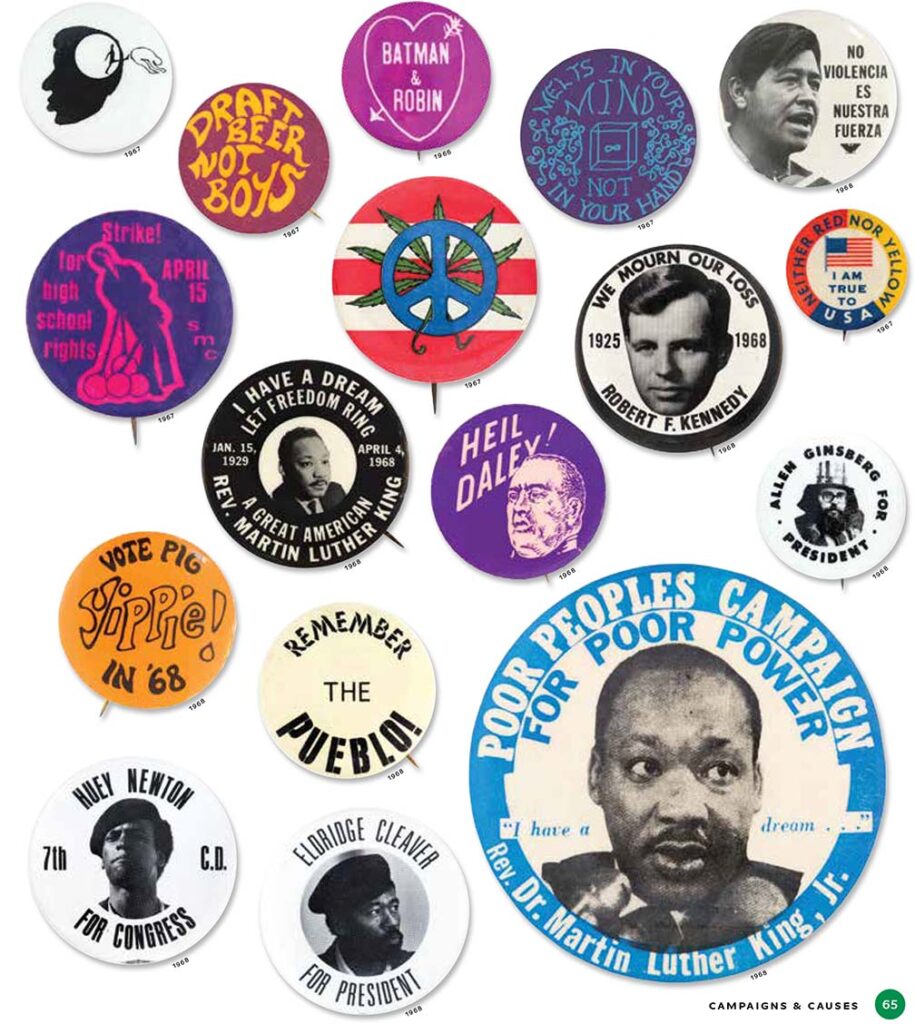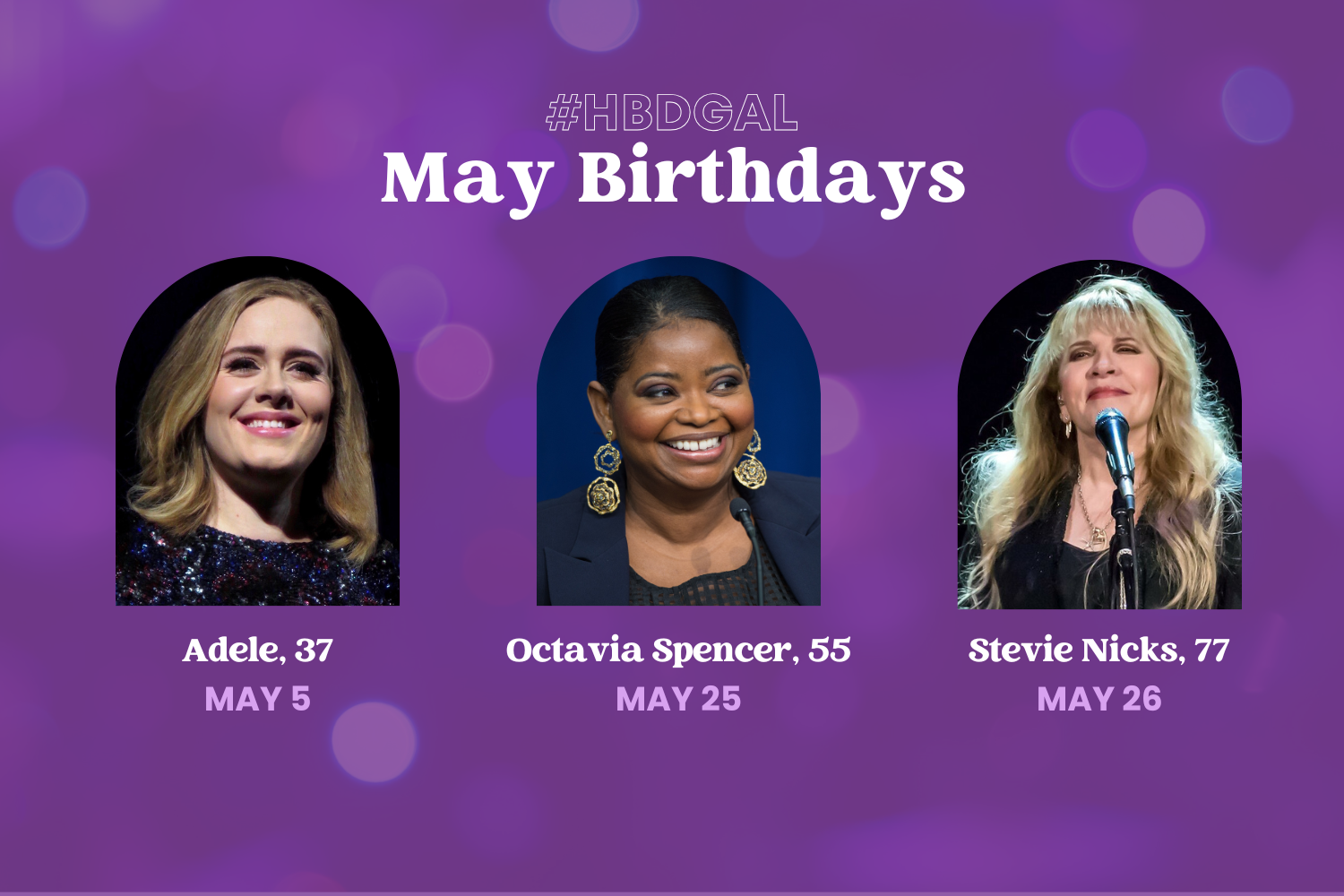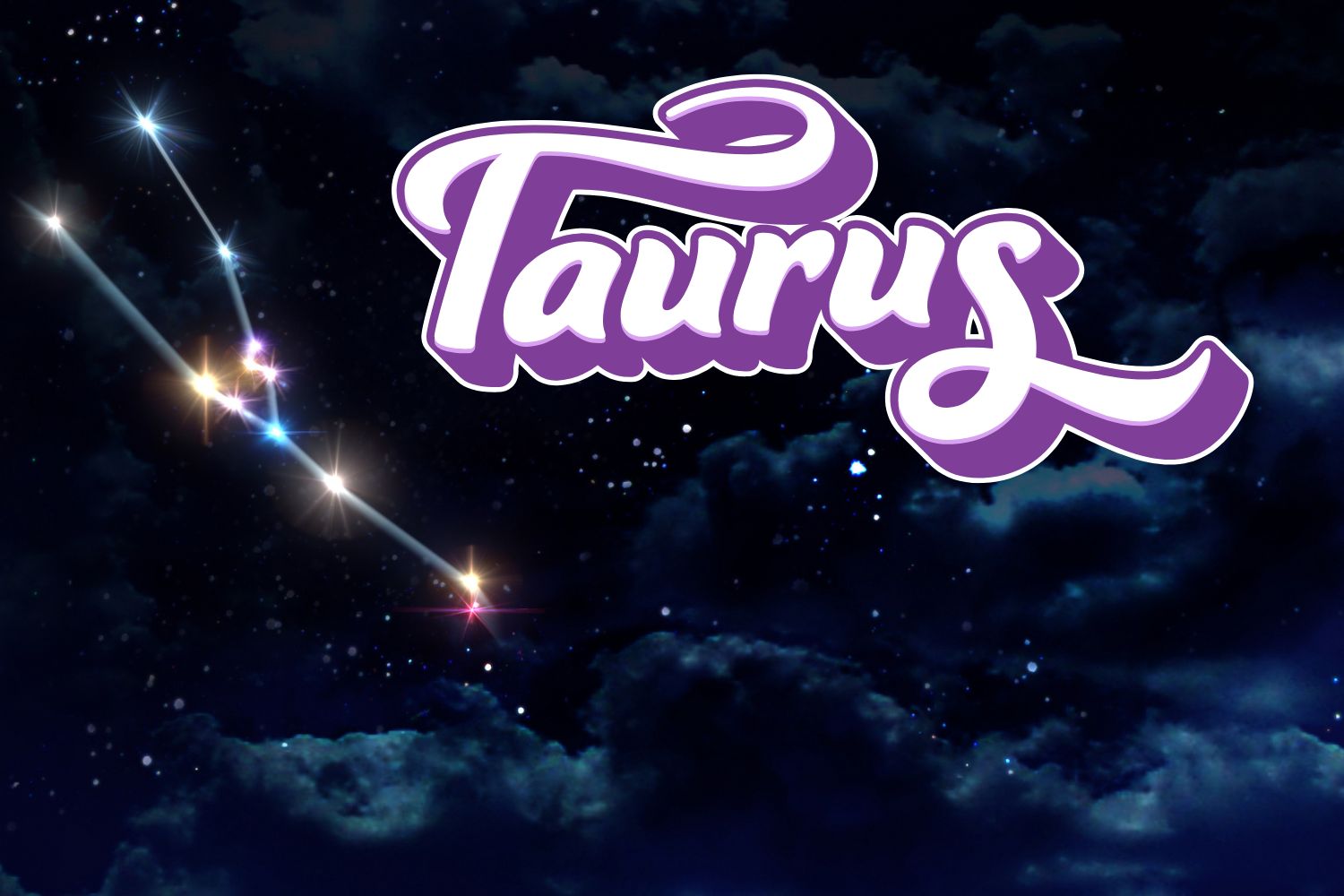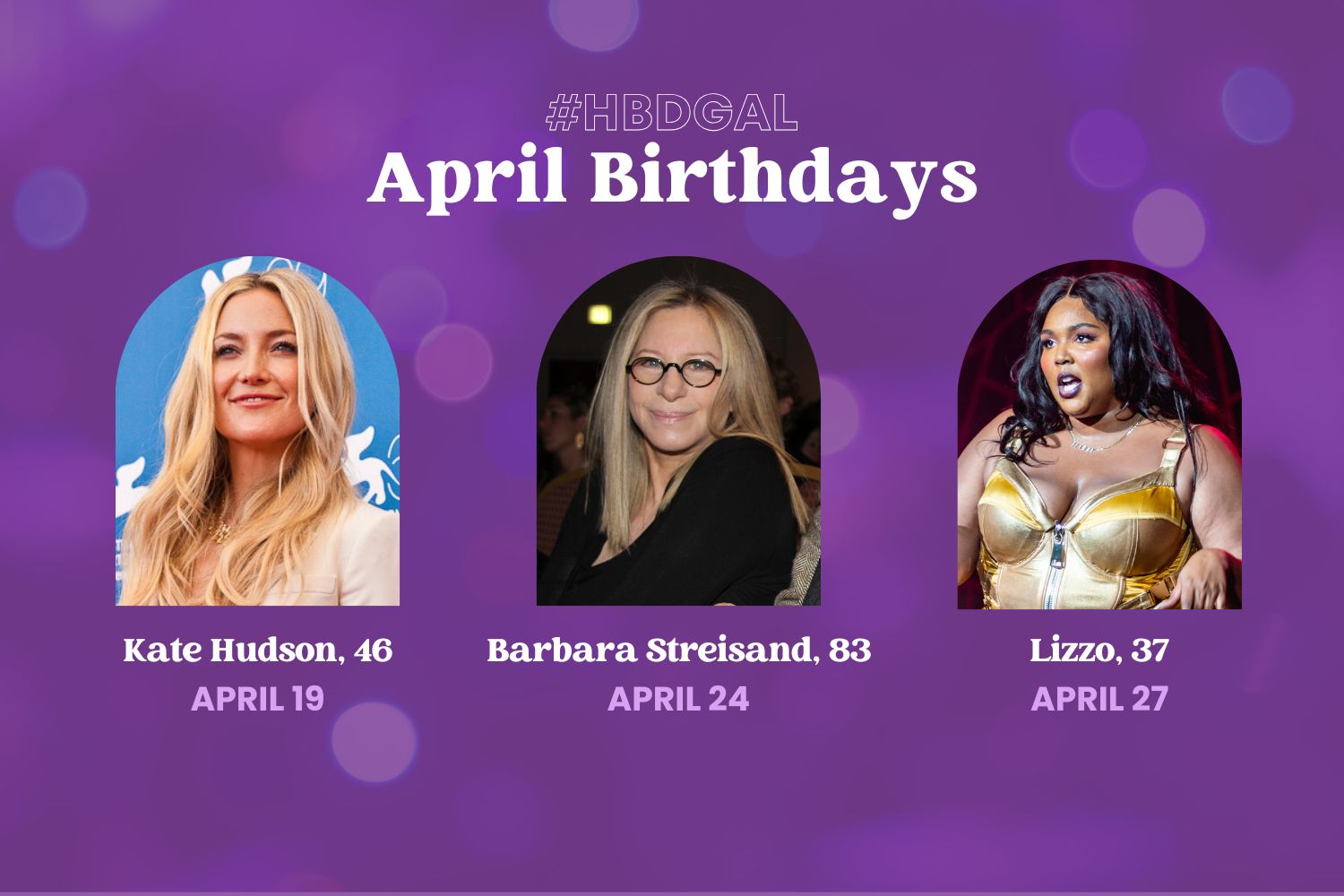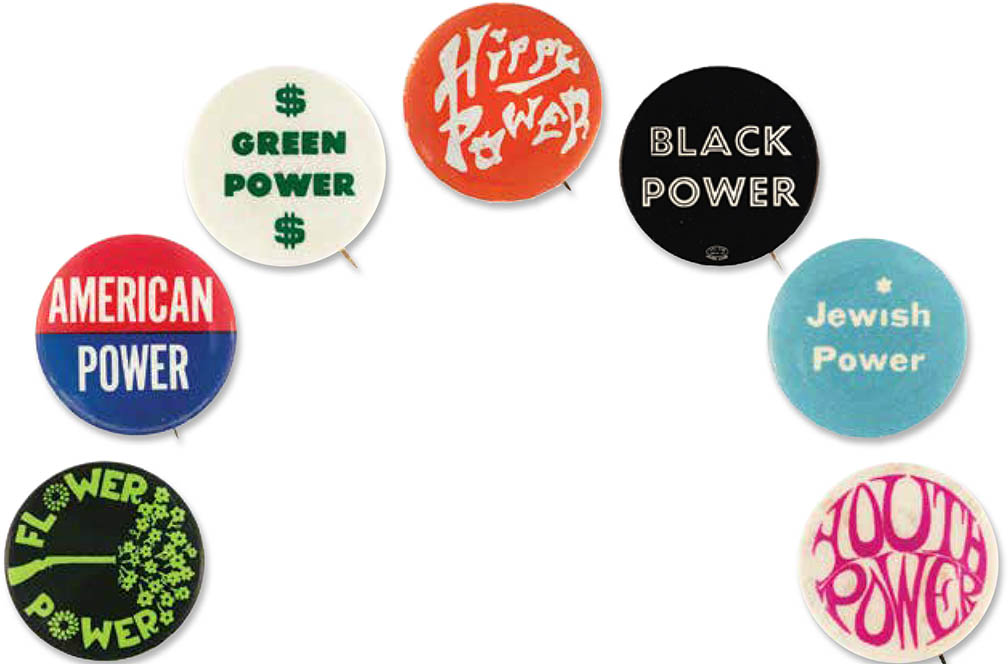
Meet the woman who scaled a DIY product into a million-dollar business that impacts elections and fuels social movements
For Christen Carter, the line between work and life has always been deeply blurred. As the founder of Busy Beaver Button Company and recent co-author of Button Power — about the history of the pop culture artifact — she’s passionate about the ability of buttons to start conversations and bring people together.
Christen Carter’s business bleeds into her life in interesting ways. When she originally launched Busy Beaver in 1995 in Bloomington, Indiana, Carter was propelled by her love of music, art, and design. It’s an understatement to say her aspirations have grown since those simpler times — to date, her company has produced more than 50 million buttons for bands, artists, political candidates, nonprofits, and booming businesses. Missy Elliott, Daft Punk, Barack Obama, and Target are among Busy Beaver’s many customers.
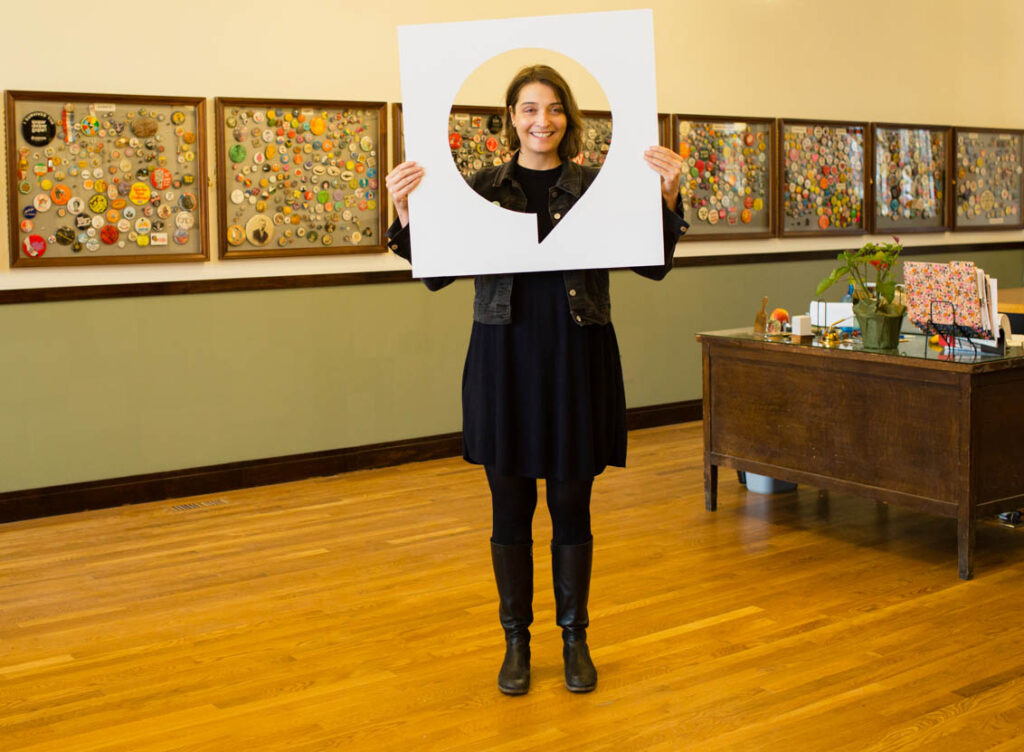
In 2010, Carter launched Chicago’s Button Museum — the only one of its kind in the world — which uses button artifacts to illustrate American history.
During this politically divisive, global-pandemic-y moment in time, the idea of starting conversations might seem a tad precarious, but Carter says that she’s concerned with serious questions around social justice and systems of inequality in the U.S. She views buttons as community builders, and amidst the band, event, and movie-star buttons depicted in Button Power, there’s an entire section titled “Campaigns and Causes.” In the gorgeously photographed pages, the history of American politics is depicted in buttons that proclaim, for example, End Jim Crow and Ban the H-Bomb to Make Love Not War, International Women’s Day, and Kick Out Depression with a Democratic Vote.
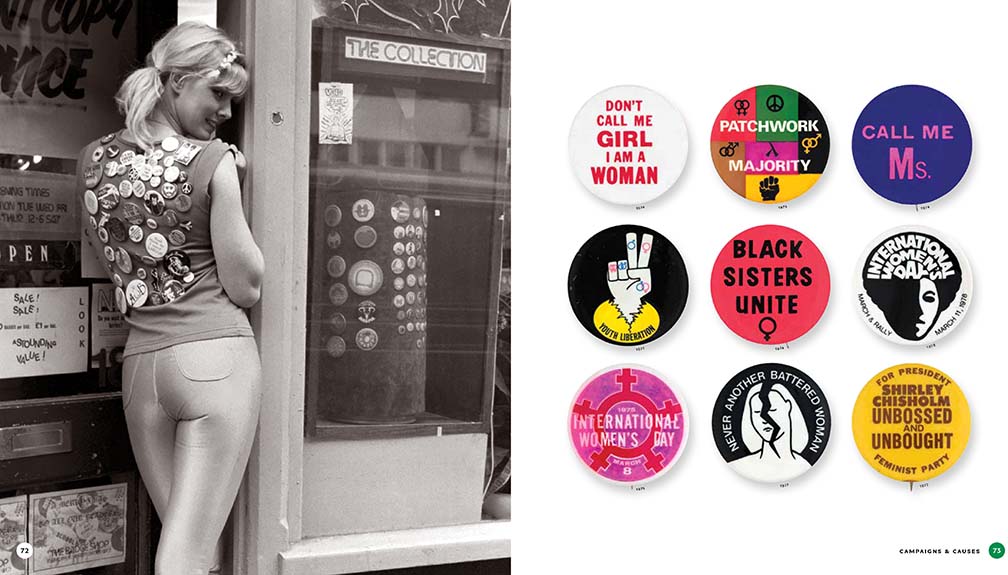
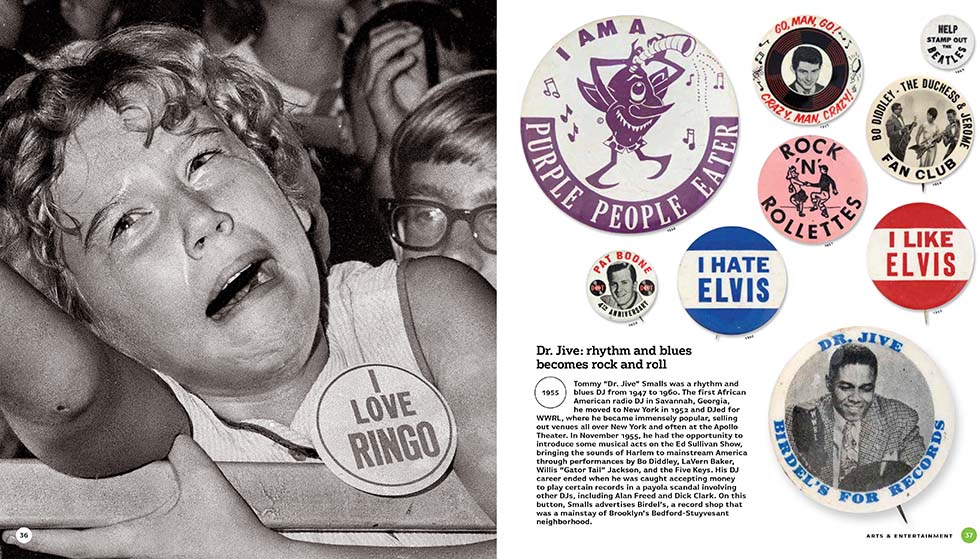
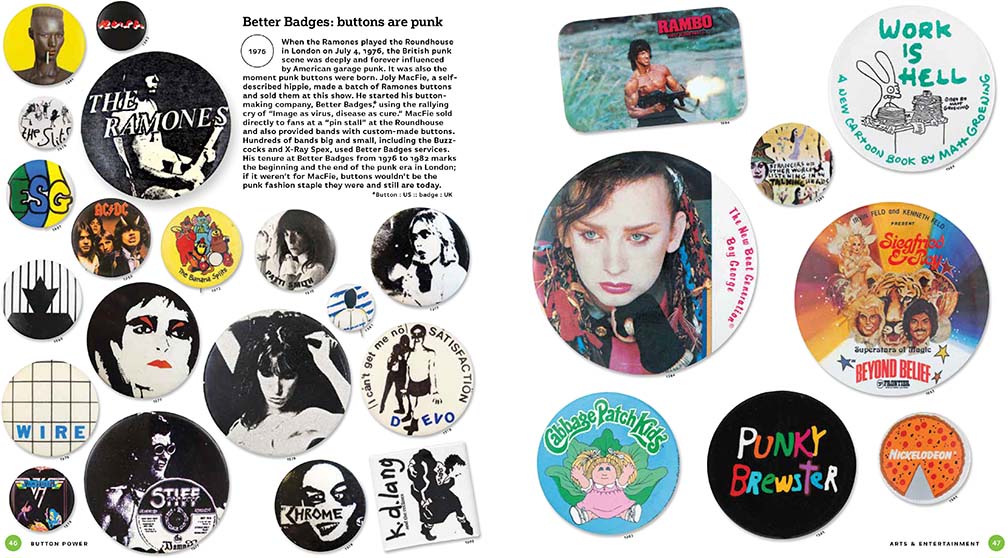
Read on as Carter talks about her love of self-help products, her fear of deathbed-regrets, and what the Feminist Business School taught her about setting priorities.
How much has Busy Beaver grown in the last 25 years?
When I first started, I made about 10,000 buttons the whole first year, and now we can easily make 20,000 per day. Busy Beaver has grown gradually and in a very sustainable way. Also, our product line has expanded. I started by making only 1-inch buttons, but now have 11 sizes and we’re also doing stickers. For the past few years, we’ve made over 4 million buttons. That’s a lot of people trying to build community!
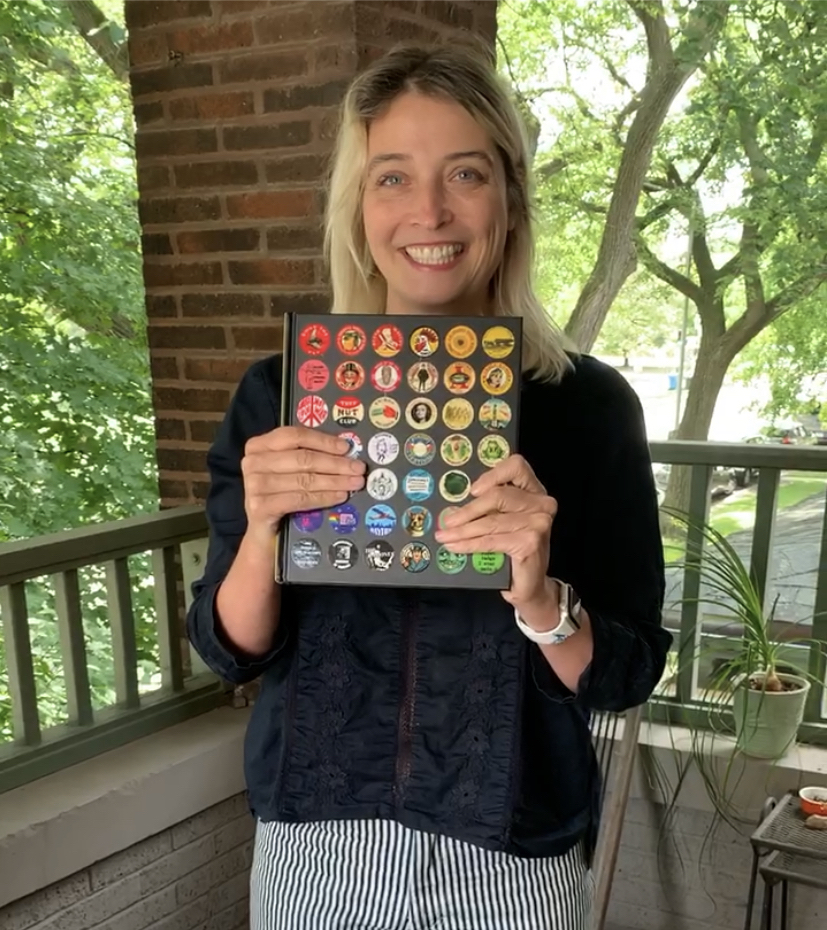
What three jumbles are top of mind for you right now?
1. All the questions that the pandemic has brought on.
“What does this mean for our future?” and “how can we come out of this moving things in a better direction?”
2. The deep divide between people.
Between lack of understanding and empathy, as a country we’re not seeing or changing systems fast enough and that creates inequality. We need to change the way we prevent certain groups of people from having access to money and the ability to create personal wealth. What I mean by personal wealth is a savings account, property ownership, a retirement account, and health care.
3. I wonder if I’m spending my time wisely, in ways that I’m personally enjoying.
I think about the future and making sure that I don’t die in poverty a little too much!
How do you go with the flow?
- I’m making and following plans for my business.
The business feels like one of the few things I can control right now — at least somewhat. People I work with expect me to keep this business going and thriving, and this is very motivating. - I have conversations with people I might not agree with and work on listening and expressing myself.
Phone banking for the election made me realize that we’re getting such different information. Learning about being anti-racist. I’ve also been volunteering and donating to causes I care about more. - I do quite a bit of self-helpy personal work.
I need people to remind me when I’ve done good things and call me out when I’m making things difficult. I regularly ask myself, “What would make me happy at this moment?” and then do it.
What are the 40s like for you, and what do you want younger women to know about this decade before they get here?
The 40s have been about building and growing. At this point, since my older age is in sight, I really want to do what I can to be comfortable and have as few regrets in life as possible when I’m on my deathbed. I now understand that saying about life not being a dress rehearsal.
I feel like being too hard on myself has been a real limiting force in my life. There are benefits to being self-aware and to strive to be better, but damn, it can certainly go too far. So, I’d say: be kind to yourself — let things be easier and still go after what you want. Once you get here, you’ll have a chance to reevaluate your life and make changes.
“The 40s have been about building and growing. At this point, since my older age is in sight, I really want to do what I can to be comfortable and have as few regrets in life as possible when I’m on my deathbed. I now understand that saying about life not being a dress rehearsal.”
— Christen Carter, founder of Busy Beaver Buttons
What have you figured out by now, and what do you want to figure out next?
I know that I have wisdom that comes from experience. I want to work on the next level of enjoying things and letting things be easy.
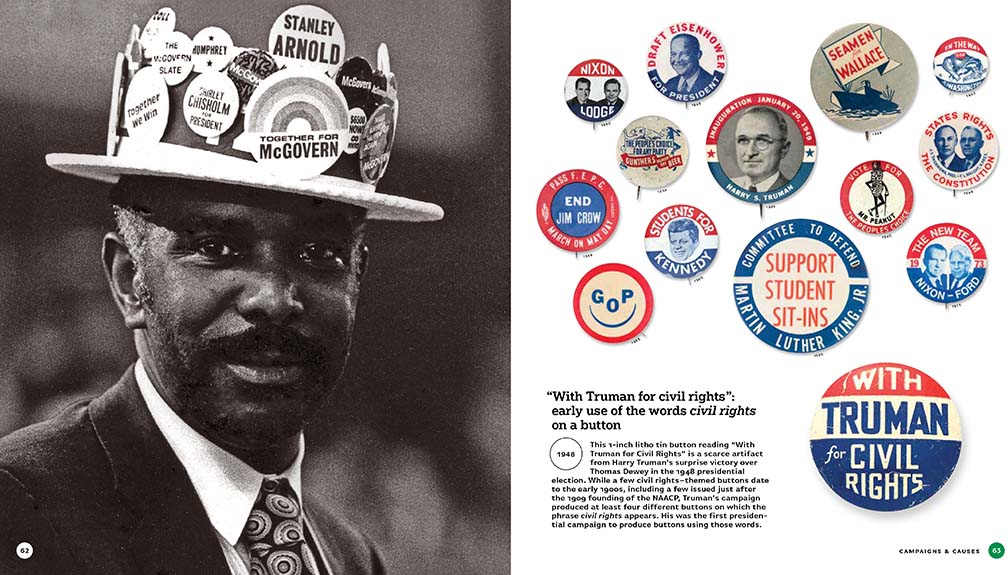
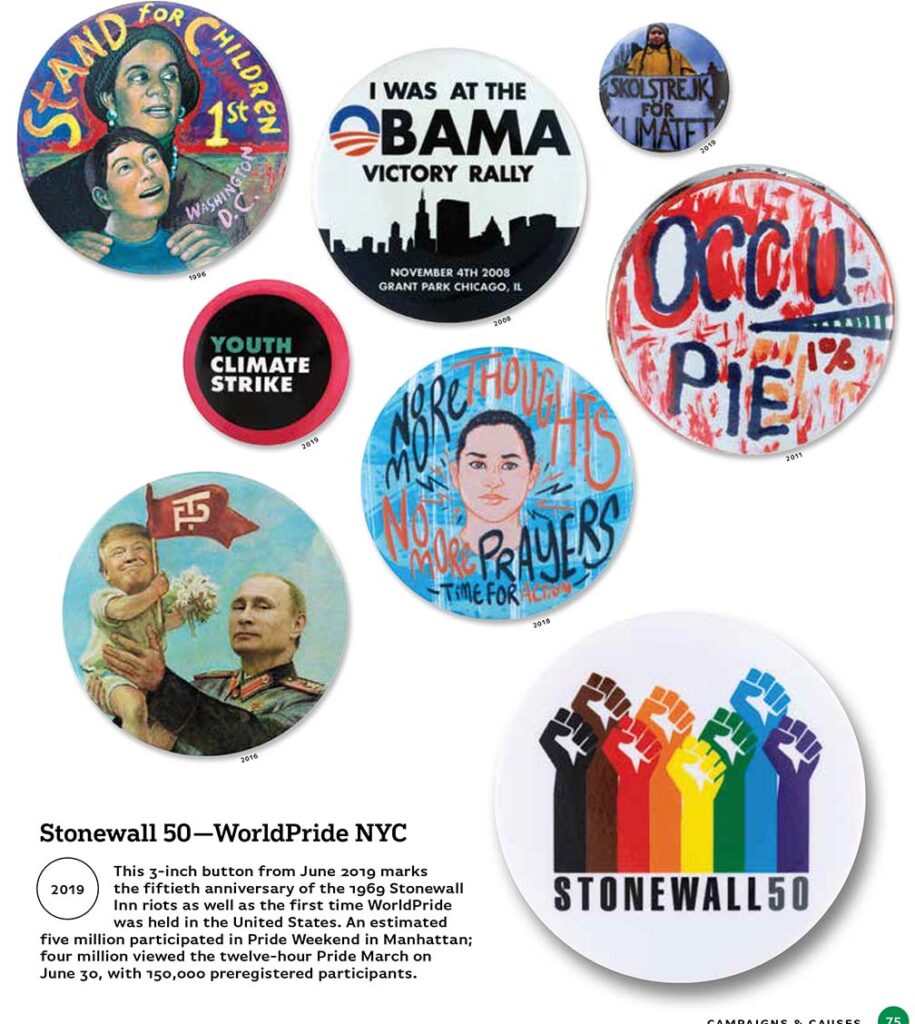
What are techniques, tools, and lessons that have helped you level up in business and in life?
Roundtables! I learn so much from connecting with other business owners. It’s the single most important thing I do. We share what’s going on for us and learn what’s going on for others. Then, we process one or two specific issues that we’re working on. The key thing is no advice giving — it’s about asking clarifying questions and sharing anecdotal stories.
My main group is through the Edward Lowe Foundation — we meet monthly with the same group of people. This group is a lot of manufacturers and some service companies. The funny thing is, it doesn’t matter what you do — our companies all struggle with the same issues. Each person asks their own clarifying questions, but common questions can be “what is your goal with…?”.
The biggest lesson is always that we are not alone in trying to figure out the hard stuff. And that I need to treat myself as a business owner like we’re important to our organizations. I’m not just a body trying to make things happen — meaning, we have to pay ourselves, give ourselves vacations, and time off.
I also really like Brene Brown and Pathways seminars. The thing I like about Pathways is that it’s a pretty nuts and bolts process that helps me recognize and remove barriers that I put up for myself. With a lot of love. Pathways seminars are with a group of people, and like my business roundtable, I learn so much about me by learning about other people.
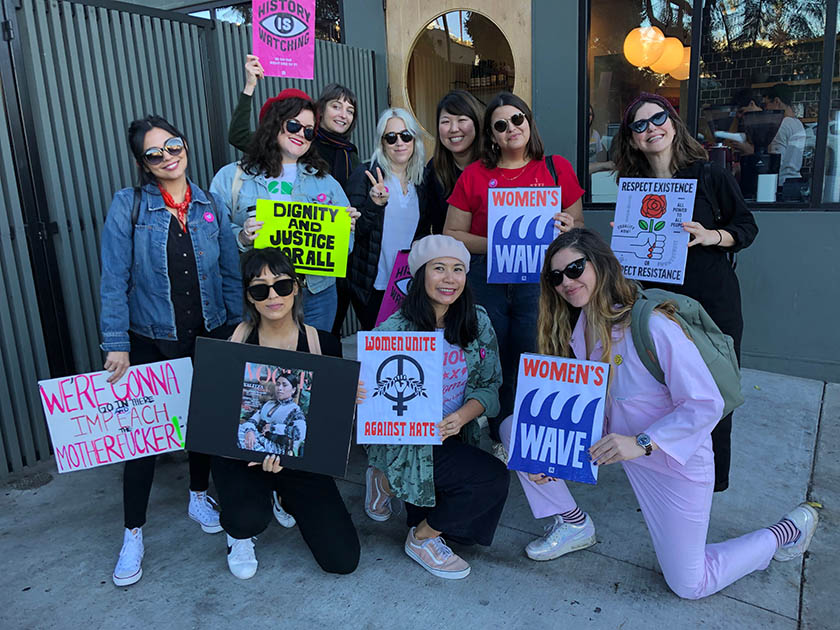
What are your top three tips for scaling a small business?
- Clearly setting up expectations and delivering on that.
- Truly caring about the customer’s success.
- Making sure to price products appropriately, and carefully consider expenses.
Busy Beaver is about so much more than buttons — it’s about community. Pre-pandemic, your physical space served as a sometimes-community space, and you’ve become involved in local politics. How did your business evolve to grow in that direction?
Buttons are essentially community builders. For years, I felt like we worked more behind the scenes — it was sort of a humble shyness or something that wasn’t doing anyone any good. Personally, I thrive on doing things with and for other people and always have been community-minded. Now that we have a bigger office space, it’s been easy to open our doors to more people and organizations to use the space. Plus, the Button Museum offers something to look at and do — more of a reason to come and want to stay.
Most people’s ideas of work and life evolve over the years. How have your ideas about yourself and work changed since you started Busy Beaver 25 years ago?
Yes, it has in theory and somewhat in practice. There’s a concept in Feminst Business School that the business supports us instead of us supporting the business. I totally agree with this — in theory. It’s hard for me to change my habits around this because I see so many things that could be done and I’m willing to do almost anything to make them happen. It’s something I’m working on.
I’m paying myself better and have created more space to be more creative with the business. Over time, we’ve created so many efficiencies. I never worry about our service, quality, or delivery — a freedom that I didn’t have early on. It helps having a team that cares as much as we all do and that we have really strong systems. I didn’t create systems early on and just explained things to people as needed — what a pain that was, especially as we grew. Now, we have really great systems, all written down and everything.
Looking for more inspiring advice about thriving in life? Sign up for the Jumble & Flowdown newsletter here.

